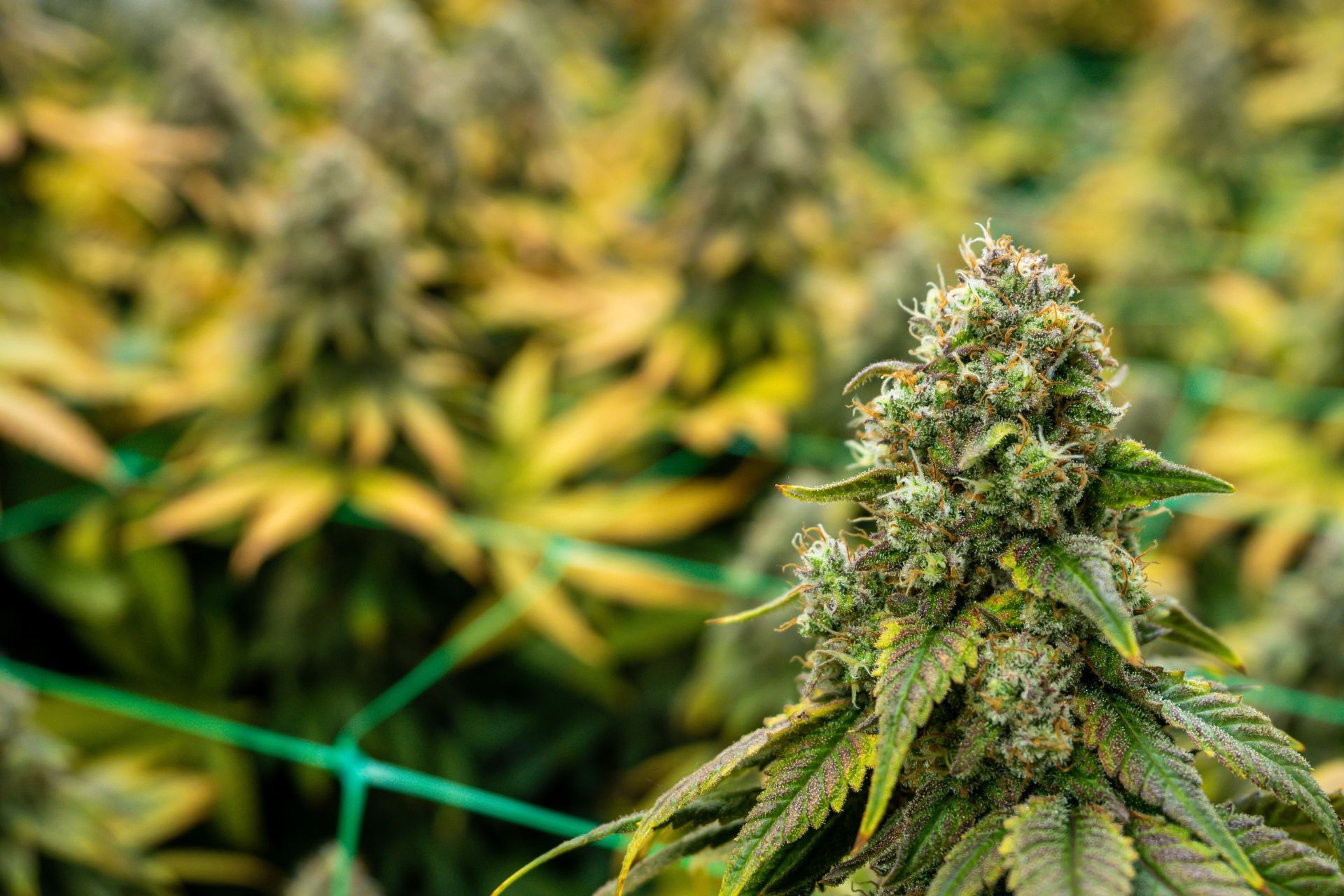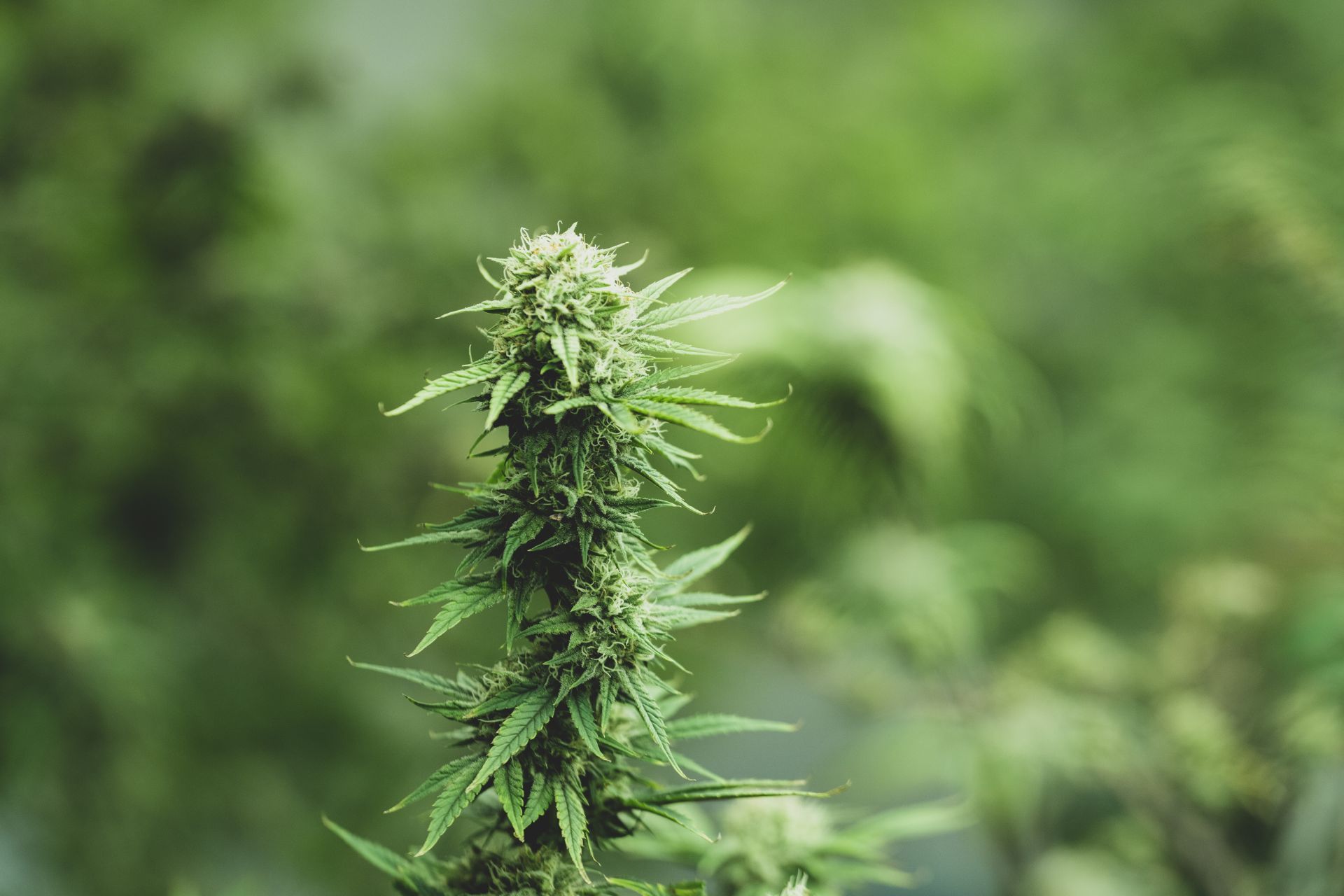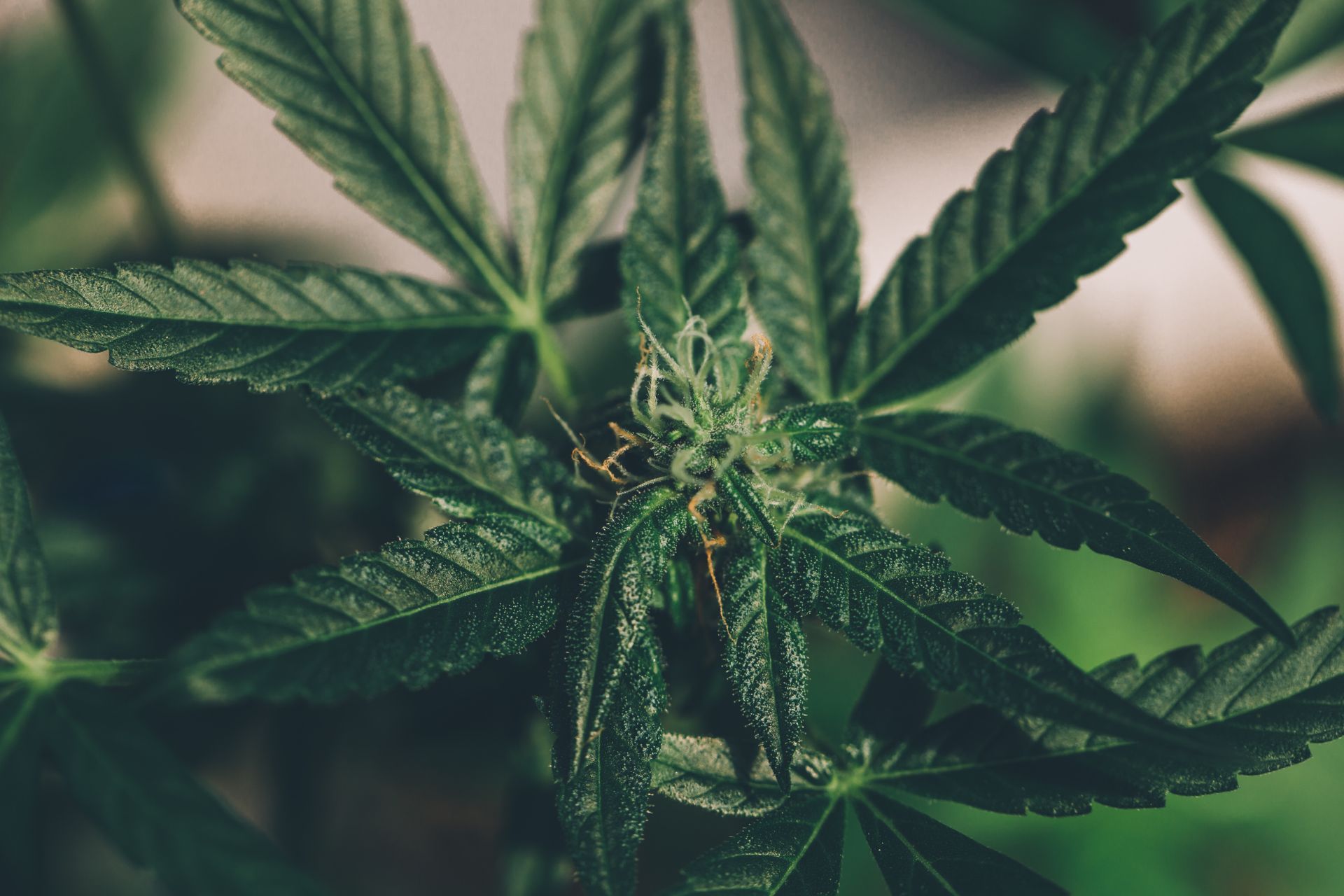Managing Intellectual Property Risks in the Cannabis Space
See How We're Different
or call us: (215) 653-8411
The Growing Importance of Intellectual Property in Cannabis
The cannabis sector is experiencing significant growth, with the global cannabis technology market alone valued at $6.2 billion in 2024 and projected to reach $23.7 billion by 2030 according to industry analysis. This rapid expansion drives fierce competition, making IP protection a critical business priority. Companies invest heavily in developing unique strains, cultivation techniques, extraction methods, and branded products. Without robust IP safeguards, these innovations risk being copied or misappropriated.
Trademark Challenges in a Regulated Market
Moreover, the cannabis industry is prone to legal disputes over trademarks. An industry report highlights that uncertainty around lawsuits is one of the biggest risks companies face due to regulatory ambiguity. Businesses should conduct thorough trademark searches and consider defensive registrations in related classes or markets where possible. The lack of a unified federal trademark system for cannabis means that companies must be vigilant, as a failure to protect their brand can lead to costly rebranding efforts and loss of market share.
Strategies to Mitigate Trademark Risks
Securing trademarks in ancillary products such as accessories or non-cannabis goods can provide some protection. Additionally, companies should monitor the market actively for potential infringements and be prepared to enforce their rights through cease-and-desist letters or litigation if necessary. This vigilance not only helps protect existing trademarks but also serves as a deterrent to potential infringers who may think twice before encroaching on a well-defended brand.
Patents and Innovation Protection
Patents protect inventions and processes, offering exclusive rights to commercialize innovations. In cannabis, patents cover cultivation methods, extraction technologies, formulations, and delivery systems. The medical cannabis market alone was valued at $13.4 billion in 2018 and was expected to reach $66.3 billion by 2025, growing at a compound annual rate of 22.9% according to a 2020 study. This rapid growth fuels a surge in patent filings. As the industry expands, companies are increasingly investing in research and development to create unique products that can be protected through patents, thereby enhancing their competitive edge in a crowded marketplace.
Best Practices for Patent Management
Regulatory Risks Impacting Intellectual Property
Regulatory uncertainty is a persistent challenge for cannabis companies. Federal and state laws often conflict, creating a precarious environment for IP enforcement. Beau Whitney, Chief Economist of Whitney Economics, points out that the industry suffers from economic distress due to heavy federal taxes, lack of access to financial services, and stringent regulations highlighting the broader pressures. This economic strain is compounded by the fact that many cannabis businesses operate on thin margins, making it difficult to allocate resources for legal compliance and IP protection. As a result, many companies find themselves in a constant state of reactive management rather than proactive strategy development.
One recent development intensifying regulatory scrutiny is the IRS’s crackdown on companies evading tax obligations, particularly those misusing Form 8275 to circumvent Section 280E as reported in late 2024. These enforcement actions increase the financial and legal risks for cannabis operators, which can indirectly affect their ability to invest in IP protection and enforcement. The repercussions of these actions can be severe, leading to hefty fines and potential criminal charges, which not only threaten the financial viability of the businesses involved but also send ripples of fear throughout the industry, stifling innovation and growth.
Managing Regulatory Uncertainty
Business Risks and Intellectual Property Exposure
Beyond legal and regulatory challenges, cannabis companies face significant business risks that intersect with IP concerns. A 2025 industry report found that professional liability, employment-related challenges, and management exposures are top concerns for cannabis businesses highlighting the multifaceted risk landscape.
Protecting IP Through Risk Management
Practical Steps to Strengthen Intellectual Property Protection
- Conduct thorough IP audits: Identify all intellectual assets, including patents, trademarks, copyrights, and trade secrets.
- Register IP strategically: Pursue trademark and patent registrations where feasible, including in ancillary markets.
- Implement confidentiality agreements: Use nondisclosure agreements (NDAs) with employees, contractors, and partners.
- Monitor the market: Watch for potential infringements and take timely action.
- Stay informed on regulations: Keep up with federal and state laws affecting IP rights and compliance.
- Engage experienced legal counsel: Work with attorneys specializing in cannabis IP and regulatory law.
Consider insurance coverage: Explore policies that address professional liability and IP risks.
What Cannabis Businesses Should Remember About IP Risks
Understanding the nuances of trademark registration, patent prosecution, and regulatory compliance is essential. Equally important is managing internal risks related to employment and professional liability. With only a fraction of cannabis operators currently profitable, efficient IP risk management can be a key factor in achieving sustainable success according to recent industry surveys.
Frequently Asked Questions
Q: Can cannabis companies register trademarks federally in the U.S.?
Q: Are patents available for cannabis-related inventions?
Q: How does regulatory uncertainty affect IP protection?
Q: What internal risks threaten cannabis intellectual property?
Q: Is IP insurance available for cannabis businesses?
Q: How can cannabis companies protect trade secrets?
Q: Why is IP protection critical for cannabis business success?

Article By: Deb Sculli
Cannabis Insurance Specialist




